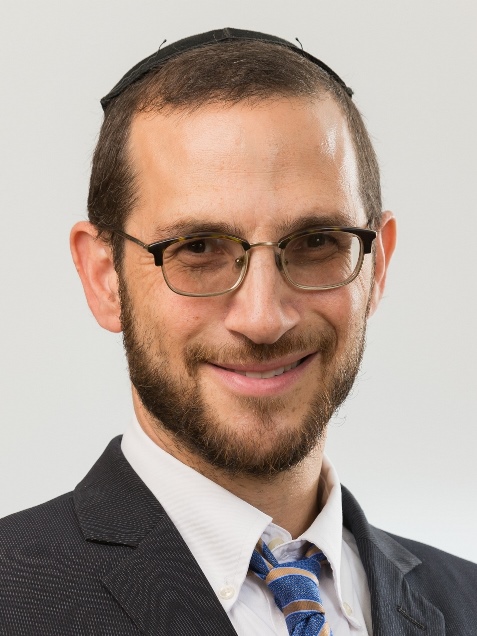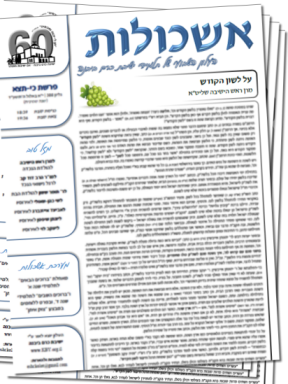Avoid Complacency
הרב שלום רוזנר
During this time of year we focus on teshuva. The Torah tells us: כִּֽי־קָר֥וֹב אֵלֶ֛יךָ הַדָּבָ֖ר מְאֹ֑ד Rather, [this] thing (many interpret to mean teshuva) is very close to you. (Devarim 30:14). If teshuva is so close to us, meaning, it is within our reach, then why is it so difficult to grasp? Why are we so challenged when it comes to correcting our conduct?
Rav Chaim Shmulevitz in Sichat Mussar explains that what prevents us from doing teshuva is hergel – habit. We are creatures of habit and it is difficult for us to change. Imagine a person that is not aware of death and suddenly experiences the loss of a friend. That would be a life changing experience. Being shocked by the fact that man is immortal, he would not want to waste his days on this earth. Yet, since we know life is limited, we are used to the experience, and it has less on an impact on us.
We have to avoid the feeling of complacency. Getting used to a situation and justifying it. “I am good – I am happy with where I am.” As we have said many times, life is like going up a downward escalator – if one is not constantly climbing, he will descend.
In Michtav M’Eliyahu, Rav Dessler brings an amazing mashal to underscore this point. Imagine that you gaze out your kitchen window and suddenly see a hand pop up from the earth. Then a leg, and another arm and a face. You would be astonished and be certain that you were witnessing t’chiyat ha’meitim. Seeing such a supernatural event would clearly shake us up and lead us to strengthen our commitment to Torah and Mitzvot.
Yet, when we look out our windows and see grass sprout, and a flower blossom from the earth – we are not stunned. We simply state that it is nature (teva). What we forget is that mother nature as a father! Vegetation sprouting from the ground is no less a miracle than bodies rising from the dead. The only difference is that we got used to seeing grass grow. Hergel!
As Yom Kippur approaches, we should introspect and consider how we can improve ourselves. To not fear change and to avoid being locked on a certain behavior.
In this week’s parsha Moshe is again told to appoint Yehoshua to take his place. Yehoshua is referred to elsewhere as a נער (lad). At the time he was at least in his fifties or sixties, since he was one of the initial meraglim (spies) and survived the 40 year journey in the desert. Yet, he is referred to as a na’ar – because he had the attitude of a youth. He did not have the attitude of “this is the way we have been doing it for years.” He learned from Moshe and changed his ways when necessary to ensure that he acted properly.
May we have that youthful attitude and avoid complacency so that we can indeed become the best human beings and true ovdei Hashem.
השיעור ניתן בכ"א אלול תשפ"ג
קוד השיעור: 9305
לשליחת שאלה או הארה בנוגע לשיעור:



.jpg)
.jpg)